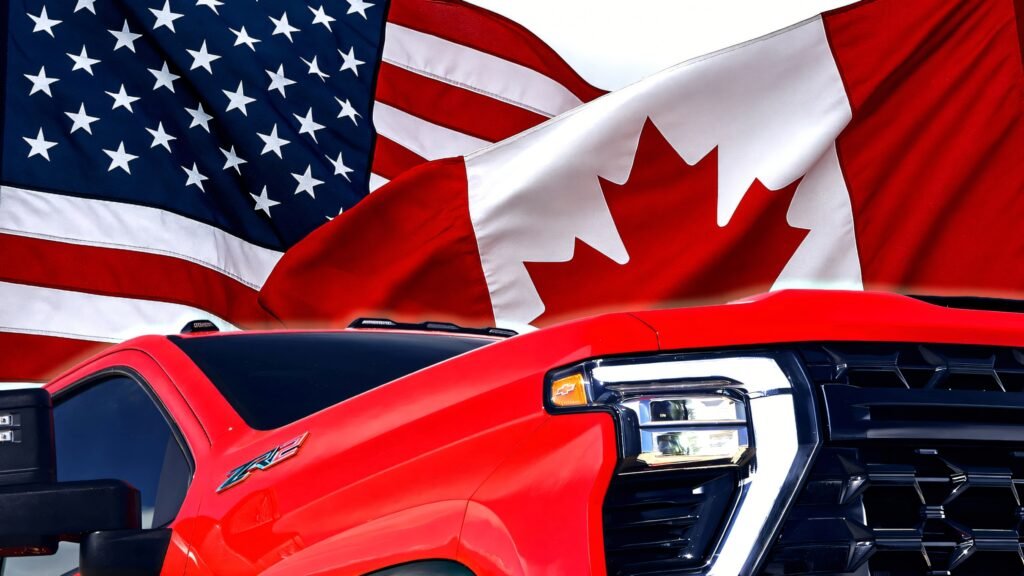

- Canada slashed import quotas after GM and Stellantis pulled production out.
- Move punishes automakers accused of abandoning local jobs and promises.
- Detroit brands warn future investment in Canada is now at serious risk.
After Stellantis and GM scaled back production in Canada, the federal government has decided to limit how many tariff-free vehicles they can import into the country.
This is bad news for the Detroit automakers and has already prompted warnings from both of them, along with Ford, that reduced investment could follow, potentially denting Canada’s manufacturing base.
More: Canada Threatens Stellantis After Jeep Compass Production Leaves Ontario
In response to US tariffs announced earlier in the year, the Canadian government introduced its own retaliatory measures on a range of American goods.
However, Ottawa allowed exemptions for automakers, letting them bring in a set number of vehicles without paying duties. This relief, known as a remission quota, came with clear conditions: manufacturers had to maintain jobs and investments on Canadian soil to qualify.
What Changed?
GM and Stellantis, according to the government, haven’t kept their end of the bargain.
GM recently confirmed it will end production of its BrightDrop electric vans in Ingersoll, Ontario, pulling the plug on a key part of its EV footprint in the country.
Around the same time, Stellantis abandoned its plan to build the next-generation Jeep Compass at its Brampton plant, opting instead to shift production to Illinois.
While Ontario Premier Doug Ford says Stellantis has promised to replace the Compass with another model, Canadian industry minister Melanie Joly indicated the company could be sued for the change of plans.

In response to the changes, Canada will reduce GM’s remission quota by 24 percent and Stellantis’s by 50 percent, CTV News reports.
Industry Responds
The industry isn’t happy. According to Brian Kingston, the president of the Canadian Vehicle Manufacturers’ Association, which represents GM, Ford, and Stellantis, the government’s decision comes at the “worst possible time.”
Read: GM Kills Electric Van Leaving Over 1,000 Canadian Workers In Limbo
“This is completely eroding our competitiveness right now for manufacturing,” he told The Globe and Mail. “The tariff regime plus the EV mandate, now we have legal threats being levied to companies. It is virtually impossible to imagine a scenario where someone is looking at new investments in Canada under this framework.”


